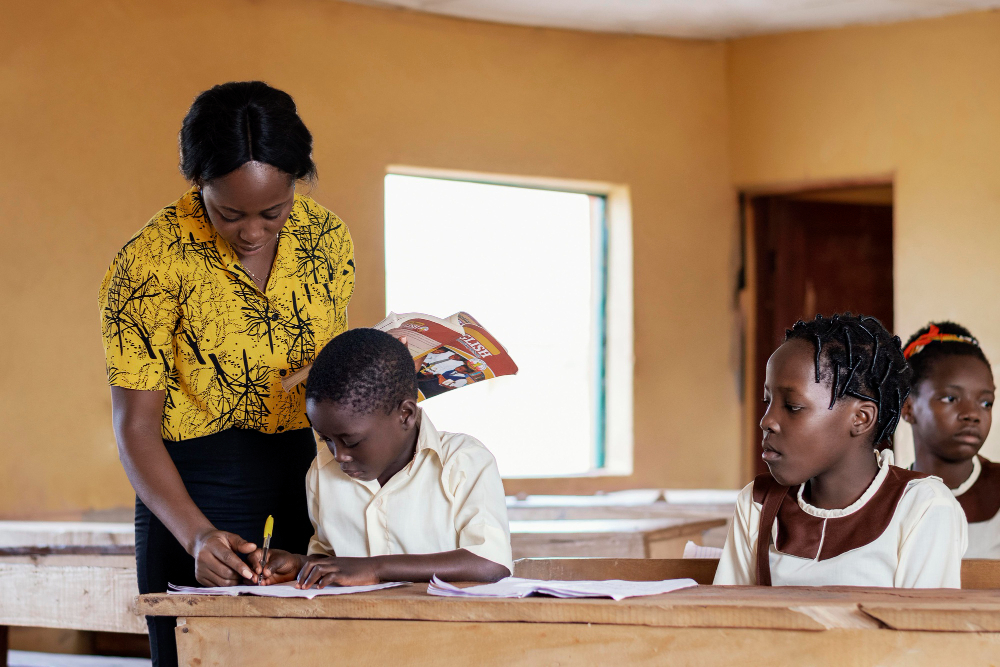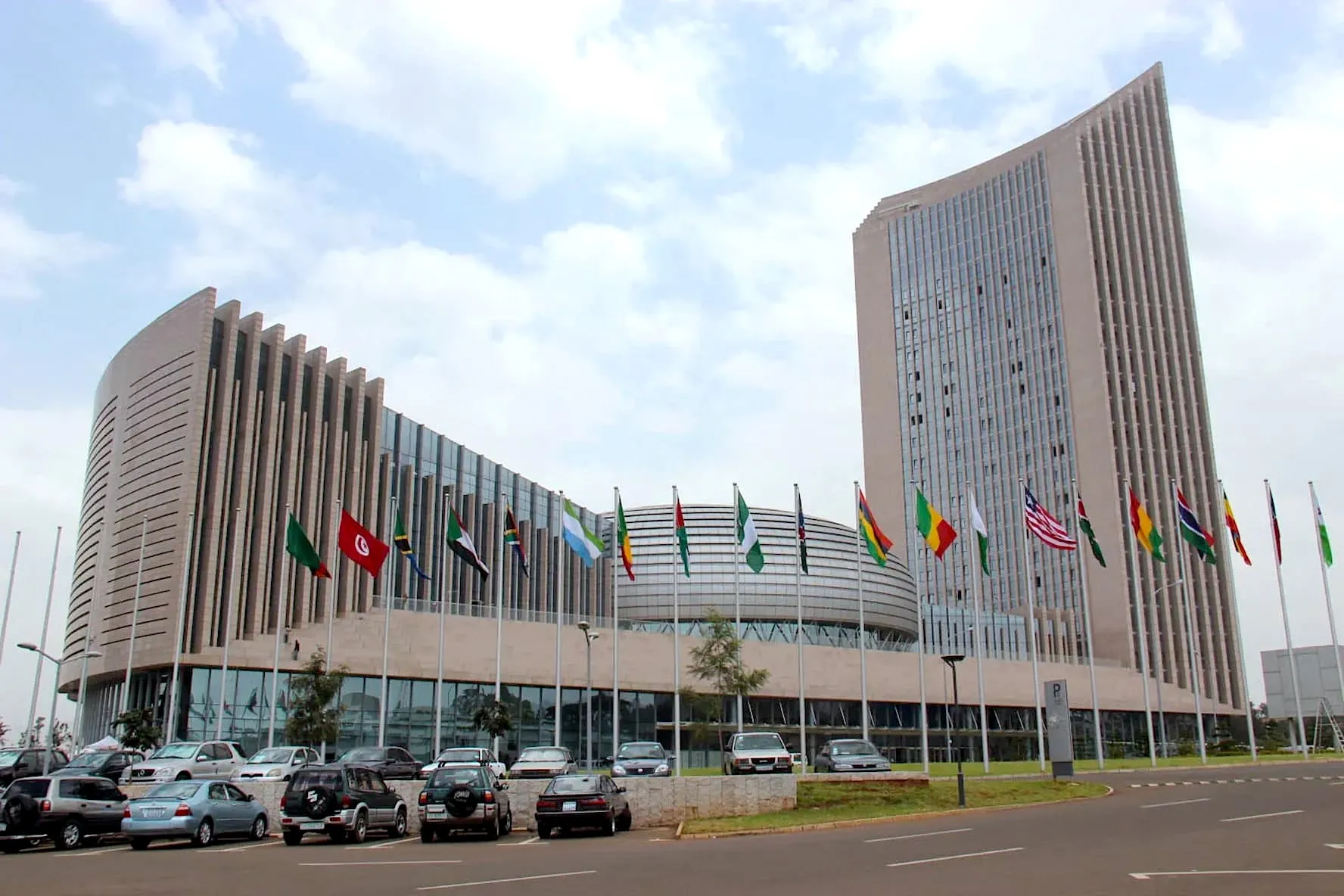In January of this year, the Nigerian government announced the integration of Artificial Intelligence (AI) into Nigeria’s education system to enhance classroom teaching and learning while maintaining human agency.
A few months later, the federal Ministry of Education announced it had approved a new curriculum for basic and senior secondary education. The new curriculum, aimed at making Nigerian learners “future-ready”, included artificial intelligence as part of a broader approach towards digital literacy in Nigeria.
AI has high potential and a positive impact through innovative solutions to improve Nigeria’s education sector, with the Nigerian government outlining potential applications ready for implementation in areas such as smart content creation, virtual and augmented reality, gamification, data-driven insights, predictive analytics, assertive technology and an AI chatbot for personalised training.
This development can provide teachers with resources to facilitate learning tailored to unique educational materials for students’ specific needs and assessment of student academic performance. To enable a smooth transition, Nigeria has trained 6000 teachers on AI to enhance teaching methods and empower educators with the skills to prepare students for a technology-driven future. However, among other hurdles, Nigeria lacks a proper AI policy to guide the implementation in the education sector.
Nigeria does not have comprehensive regulations to determine the rules of engagement in classrooms for both teachers and learners, especially for a new technology that shows adverse negative consequences if not adequately managed.
A recent report examines how generative AI tools hurt novel studies in Nigeria, with student academies paying the price. The report explained that lecturers dismiss research by social science final-year students, claiming it is too perfect to be written by a human.
The National Artificial Intelligence Strategy (NAIS), drafted in 2024, focuses on meaningful objectives in AI improvement in critical sectors such as healthcare, education and agriculture to promote partnership, talent development and innovation noted that the Nigerian education sector lacks the resources including technology and trained educators to effectively teach AI courses to students in the day-to-day classroom activities.
Some tertiary institutions have introduced policies to guide implementations among students and staff. For instance, the National Open University of Nigeria (NOUN) AI Policy supports AI for material development, academic research, a virtual assistant for students and staff and AI as a system designed to reduce biases across socioeconomic, gender, race, and disability. Other institutions like UNILAG and UNILORIN are developing AI policies to incorporate into their academic environment.
Although some tertiary institutions make self-efforts to design policies for AI incorporation, there is no indication of such efforts in the basic education system, where the government’s recent focus is on digitalising examinations. The West African Examination Council (WAEC) is transitioning from paper and pencil to computer-based Test (CBT) for senior secondary school students.
Nigeria is already witnessing the negative impact of AI as it threatens examination integrity. According to JAMB, it uncovered 6000 AI biometric malpractices in the 2025 CBT exam, in what the report from the board described as “a highly organised, technology-driven, and culturally normalised enterprise.”
Way forward
Nigeria needs to develop a comprehensive AI policy that guides how learners and facilitators interact with AI and ensures the framework tackles issues such as academic plagiarism and penalties for AI manipulation in the academic environment. For instance, the Australian Framework for Generative Artificial Intelligence (AI) in Schools provides guidelines to maintain academic integrity. Students are supported to use generative AI tools ethically in their schoolwork, including by ensuring appropriate attribution while ensuring critical thinking.
The implementation of the Ministry of Education policy on AI relies on the Nigerian government’s commitment to invest in infrastructure and the training of teachers on best practices on AI tools and ethics. Nigeria accounts for over 10 million out-of-school children, with those in school still lacking basic infrastructure that can ensure digital literacy and AI adoption, especially in rural communities.
South Korea, in March 2025, rolled out AI textbooks in mathematics, English, informatics, and Korean for special education, targeting grade 3 and 4 primary school students, as well as students in the first year of lower secondary and upper secondary school, with USD 70 million for digital infrastructure. The South Korean National Assembly also passed a bill which classifies AI digital textbooks as optional educational materials rather than core textbooks with a view to requiring teachers to have a strong level of digital skills themselves first and then induct teachers properly into the new technology before facilitating it to learners. An approach Nigeria can adopt in its policy framework
The policy should ensure inclusion as recommended by the UN Ethics on Artificial Intelligence for effective delivery and positive outcomes. It should likewise address AI bias and the preservation of human connection. Artificial intelligence is a new technology and is still being studied across the globe.




